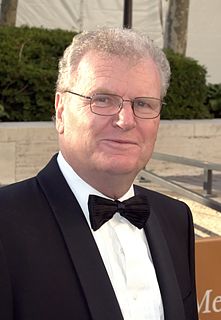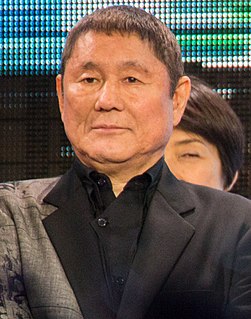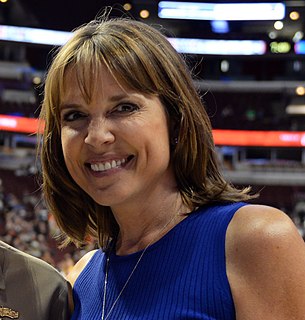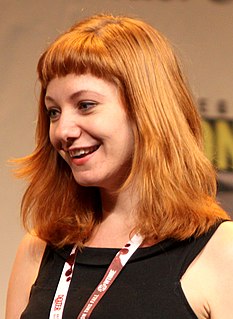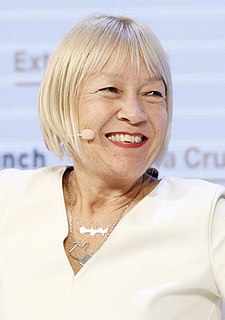A Quote by Chris Gethard
You don't often see vulnerability on TV, especially talk shows.
Quote Topics
Related Quotes
Doing TV shows helps me a lot in my screenplay writing and filmmaking, especially since my TV shows are in different formats: comedy sketches, talk shows, debate programs, art variety shows, quiz shows. These enable me to meet interesting people with interesting stories and to learn about interesting subjects, all of which I can reflect into film.
Vulnerability is a loaded word, and it can off-putting and terrifying to people. The best moment of my life (and by the way, this actually wasn’t a single moment) was when I realized that I no longer give a damn about what anybody thinks. What you'd talk about as vulnerability, I'd talk about as simply being true to yourself.
I personally think the best ideas for TV shows - at least comedies - are very low-fi ideas. High concepts often sell pitches in movies and TV, but, especially in TV when you're talking about hopefully a 100 or 150 episode proposition, those concepts just burn off, and then you're stuck with nothing.

